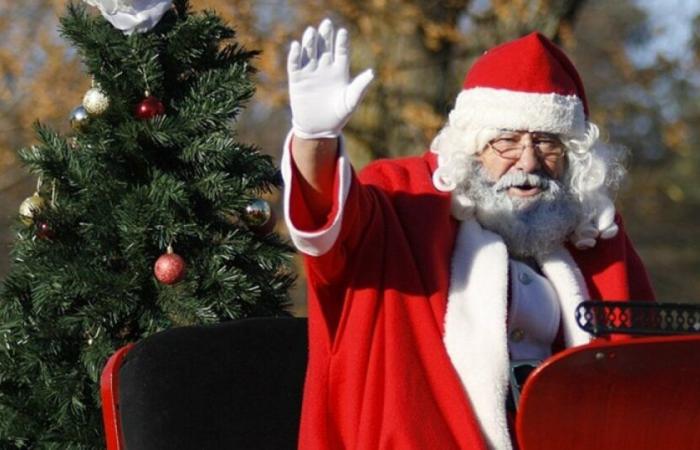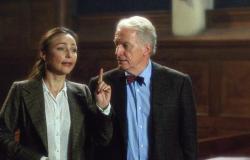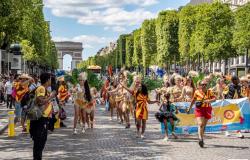
The mayor of the town of Heuland, in Calvados, has issued a decree that is comical to say the least: traffic and signaling will be specially regulated during the end-of-year holiday period, in order to ensure the passage of Santa Claus.
As is well known every year, Santa Claus will soon leave his home in Lapland to distribute gifts to children in the four corners of the world. If there is a place where he is likely to be at ease, it is in Calvados! In Heuland particularly, where everything has been thought of for his arrival, as spotted by BFMTV on Monday November 25.
So that he can ensure his tour, the mayor, Yoan Morlot, has decided to issue a decree, which rolls out the red carpet for Santa Claus. The councilor, who claims to have informed the main person concerned first, reveals the content on the municipality's Facebook account. Throughout the month of December, new special traffic rules will be installed, “promoting land and air mobility in the town for Christmas”.
Place for the elves
For a few weeks therefore, the elves become “priority” over all other vehicles. The man in red and his sleigh will have the right to fly freely in the air and to park “on the roof of the houses”in order to more easily access the chimneys. The only constraint is that Santa Claus will not be able to exceed 30 km/h. In the event of fatigue, a rest area has been provided for the entire team, located at the municipal wash house. As for grumpy beings such as the prankster Elf, don't panic: they are simply banned from staying in Heuland.
The icing on the cake: the city even asked Météo-France to respect “the magic of Christmas” predicting snowflakes. Enough to guarantee a festive atmosphere for the residents, and the more than 40 children of the town!
published on November 25 at 6:40 p.m., Marion Gauvain, 6Medias
Share
France





